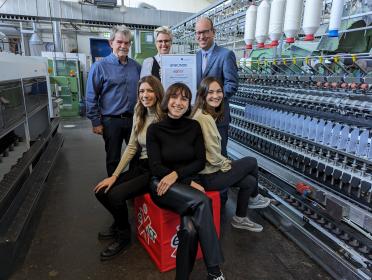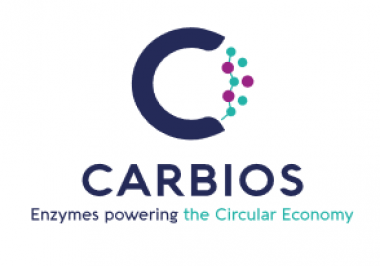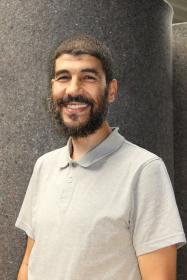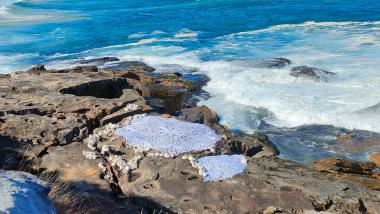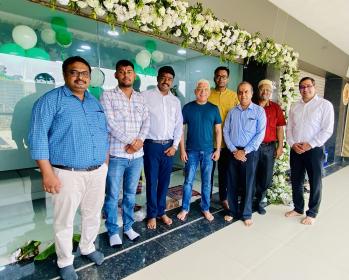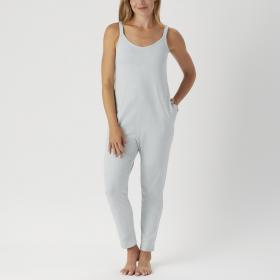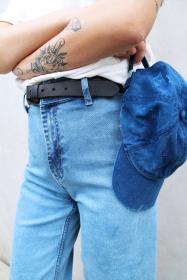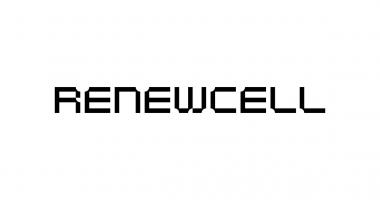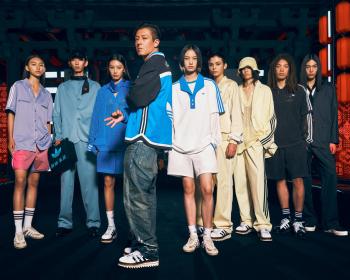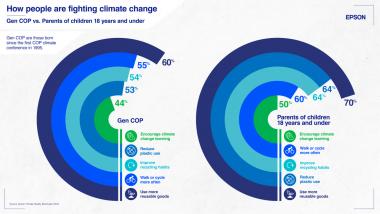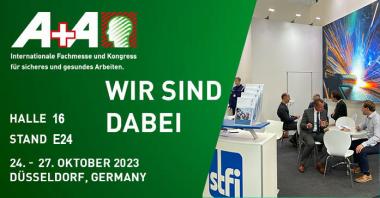1,8 Millionen Euro an Ex-Studentinnen für Garninnovation
Badehose an, rein ins Wasser, mit trockener Badehose wieder raus – klingt utopisch, könnte aber womöglich bald schon Realität werden. Das Gründertrio von „Octogarn“ entwickelt gerade eine Innovation: ein neuartiges Garn, das die Textilindustrie umkrempeln könnte, für das die ehemaligen Studentinnen der Hochschule Niederrhein (HSNR) und der FH Aachen eine Förderung von 1,84 Millionen Euro erhalten. Das Geld stammt aus dem Förderprogramm „EXIST – Existenzgründungen aus der Wissenschaft“ des Bundesministeriums für Wirtschaft und Klimaschutz.
„Octogarn“ ist schadstofffrei, nachhaltig, kälteisolierend, atmungsaktiv und reibungsreduzierend. Es wirkt ähnlich dem Lotuseffekt, ist also wasserabweisend. Doch es hat einen entscheidenden Mehrwert: Es ist unbenetzbar. Bedeutet: Taucht man ein Textil aus diesem Garn unter Wasser, bleibt es trocken. „Ein Effekt, der in der Textilbranche kaum bekannt ist“, sagt die Mönchengladbacherin Alexandra Plewnia. Momentan werden viele wasserabweisende Textilien, vor allem im technischen Bereich, durch die Ausrüstung mit Chemie wie Fluorpolymeren hergestellt. Grüne Alternativen sind zwar umweltfreundlicher, aber oft nicht leistungsstark genug. „Octogarn“ will beide Probleme lösen.
Ideengeberin ist Alexandra Plewnia (29), die zuletzt Textile Produkte im Master an der HSNR studiert hat. Betriebswirtschaftliches Know-how bringt Sarah Neumann (28) aus Köln mit, die ihren Master berufsbegleitend in Management und Entrepreneurship an der FH Aachen absolviert hat. Komplettiert wird das Team ab November von Melanie Jakubik (29) aus Duisburg, Studienkollegin von Plewnia und wie sie für den Bereich Technologie verantwortlich.
Geforscht hat Plewnia an „Octogarn“ rund zwei Jahre im Rahmen ihres Master-Studiums am Fachbereich Textil- und Bekleidungstechnik, wo sie das Wahlpflichtfach Nanotechnologie belegte und sich mit dem Thema Funktionalität befasste..
Mit ihrer Idee gewann sie bereits 2022 den Hochschulwettbewerb „Battle of Ideas“. Die 20.000 Euro Preisgeld flossen direkt in die Anmeldung des Patents. Seither wurde die Idee auf vielen weiteren Wettbewerben in Deutschland vorgestellt.
Das Team von HNX, das gründungsinteressierte HSNR-Studierende und Mitarbeitende berät und u.a. im Rahmen des dort angesiedelten Förderprogramms „HNexist“ unterstützt, begleitete Plewnia und ihr Team. Es unterstützte bei der umfangreichen Antragstellung für EXIST.
Das noch zu gründende Start-up möchte das Garn produzieren und es als Zulieferer an Unternehmen vertreiben. Ob Outdoor-Kleidung, Schutzausrüstung oder Einsatz in der Schifffahrtsindustrie – dank der vielfältigen Eigenschaften des Materials gibt es für „Octogarn“ verschiedenste Einsazmöglichkeiten.
Das fertige Garn gibt es noch nicht. Die 1,84 Millionen Euro helfen, um bis zum Ende der Förderperiode im Februar 2026 einen Prototyp zu entwickeln. Das Fördergeld wird vor allem für Personalausgaben genutzt, aber auch eine neue Maschine wird angeschafft. Für die Entwicklung von Octogarn darf das Gründerteam Büroraume und Maschinen des Fachbereichs Textil- und Bekleidungstechnik mitbenutzen.
Hochschule Niederrhein


